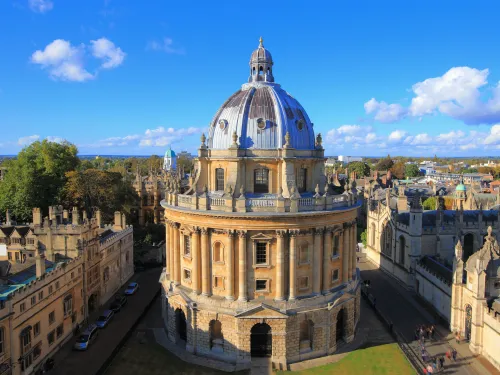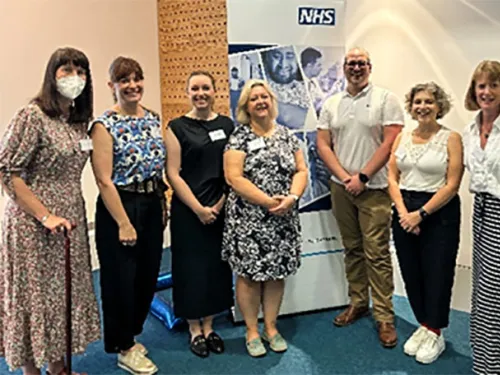Harnessing artificial intelligence to identify new drug combinations
Artificial intelligence (AI) has helped scientists propose a promising new drug combination for DIPG brain tumours. Prof Chris Jones, Director of the Brain Tumour Research Centre of Excellence at the Institute of Cancer Research (ICR), and Dr Fernando Carceller, Paediatric Neuro-Oncology Consultant at The Royal Marsden Hospital, tell us more.


